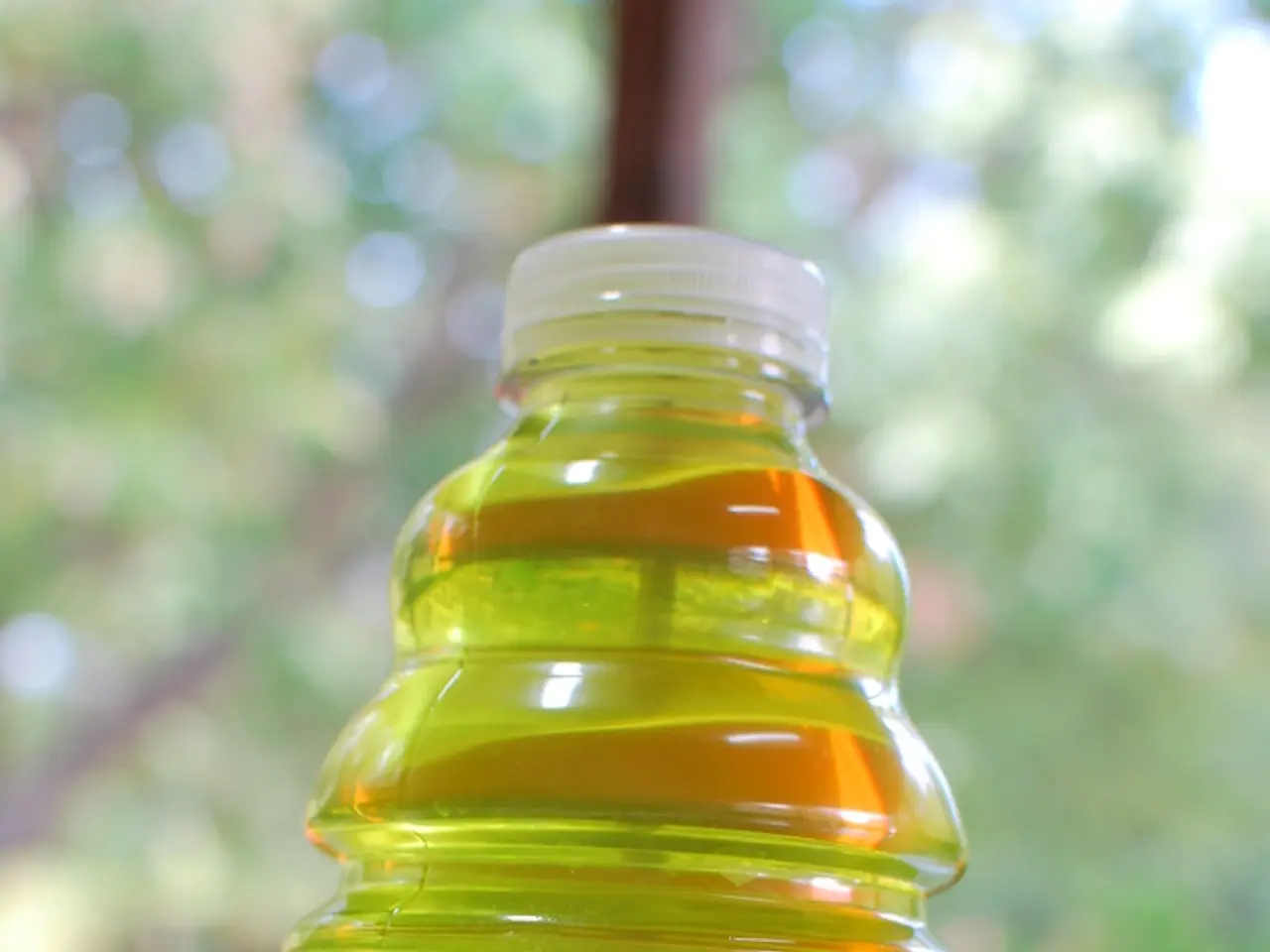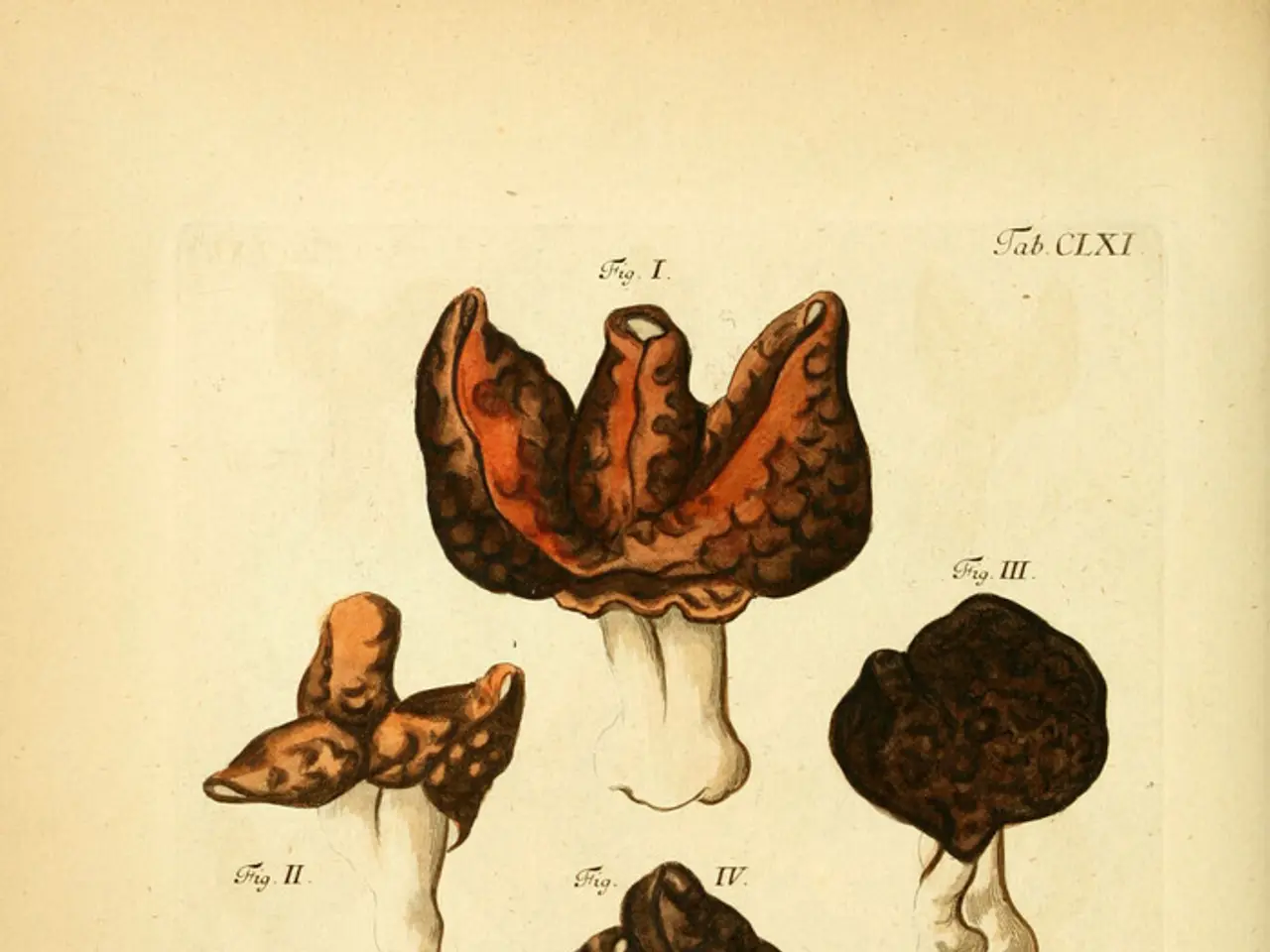Age-related joint stiffness and muscle tightness: Scientific insights into why mobility deteriorates over time
Gettin' older ain't always peachy, is it?Yeah, we all start losin' a step or two as the years roll by. Ever heard of the ol' "Sit to Stand" test? Clinicians use it to check yo' physical function, especially for those at risk of falls and frailty.
So, what happens as we age that makes standin' up such a hassle? Apparen't our tendons get tighter around joints, our cartilage deteriorates, ligaments weaken, fluid in our joints decreases, and our muscles tighten up. And let's not forget about the ol' quadriceps, which are a crucial part of standin' up and they tend to weaken as we get older.
But fear not, mate! There's hope yet! Regular physical activity can slow down the decline in our flexibility, and offer all kinds of other benefits for bone density, cardiovascular health, and mental wellbeing. Studies have shown that us active folks can achieve greater mobility than those who just sit around!
The NHS recommends that us seniors do activities that improve strength, balance, and flexibility at least twice a week, along with at least 150 minutes of moderate-intensity activity a week or 75 minutes of vigorous-intensity activity if we're already active.
Even if we're exercise enthusiasts, don't forget to stretch properly! Basic stretching can help with flexibility and can be done in front of the telly or while chatin' on the phone. Yoga's great if you can manage it, but ain't nobody gonna judge ya for puttin' a stretch in any way ya can! It might be worth gettin' someone trained to show ya how to stretch properly, though.
Our diets matter too, especially when it comes to nutrients like protein, which builds muscle, and calcium and vitamin D, which helps with bone density.
So, yes, you might find it harder to stand up and get less flexible, but there are things ya can do to help!
Wanna know more? Check out:
- Is my chair causin' me harm?
- Am I turnin' into my mother?
- Do we get more bitter and cynical as we get older?
- The new science of the menopause: Could delayin' it be better for your health?
Got questions? Email 'em to us at our website! Just remember to include your name and location.
- Maintaining good health and wellness as we age can be a challenge, especially when it comes to physical function, such as standing up due to factors like tightened tendons, decreased joint fluid, and weakened ligaments and muscles.
- Regular fitness and exercise, along with proper stretching, can help slow down the decline in our flexibility and provide benefits for bone density, cardiovascular health, and mental wellbeing.
- The National Health Service (NHS) recommends that seniors engage in activities that improve strength, balance, and flexibility at least twice a week, and also participate in at least 150 minutes of moderate-intensity activity or 75 minutes of vigorous-intensity activity per week.
- A balanced diet that includes essential nutrients like protein, calcium, and vitamin D is crucial for building muscle and maintaining bone density, which can help improve our overall health and mobility as we age.



